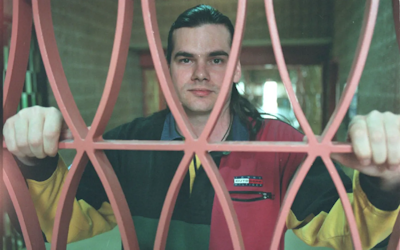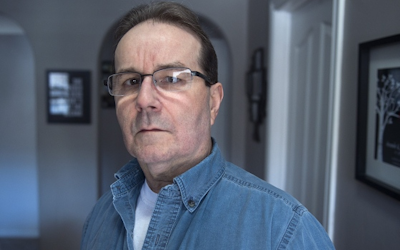Currently, the federal Minister of Justice has the exclusive power (per sections 696.1 to 696.4 of the Criminal Code of Canada) to investigate potential miscarriages of justice where the wrongfully convicted person is out of options, having exhausted their routes of appeal.
This avenue of “extraordinary remedy” places a burden on the convicted person to identify new and significant information to persuade the Minister to order an investigation. Even if they find that a miscarriage of justice likely occurred, the Minister cannot personally reverse the wrongful conviction, but must instead refer the case back to the appeal court for rehearing or order a new trial. This process is so beset by delays that years can elapse before the conviction is rectified.
In November 2021, Justices LaForme and Westmoreland-Traoré published a report regarding the creation of an independent commission that would consider miscarriage of justice claims. After public consultations with exonerees and other stakeholders, they recommended that this commission operate at arm's length from the government and replace the role of the Minister of Justice in investigating wrongful convictions.
In a report listed in the Reports page of this website, under Resources, Kent Roach provides extensive commentary on Bill C-40. This law, known as the David and Joyce Milgaard Law, was introduced in the Parliament of Canada on February 16, 2023 and proposes to replace the role of the Minister of Justice in reviewing wrongful convictions with a Miscarriage of Justice Review Commission.





